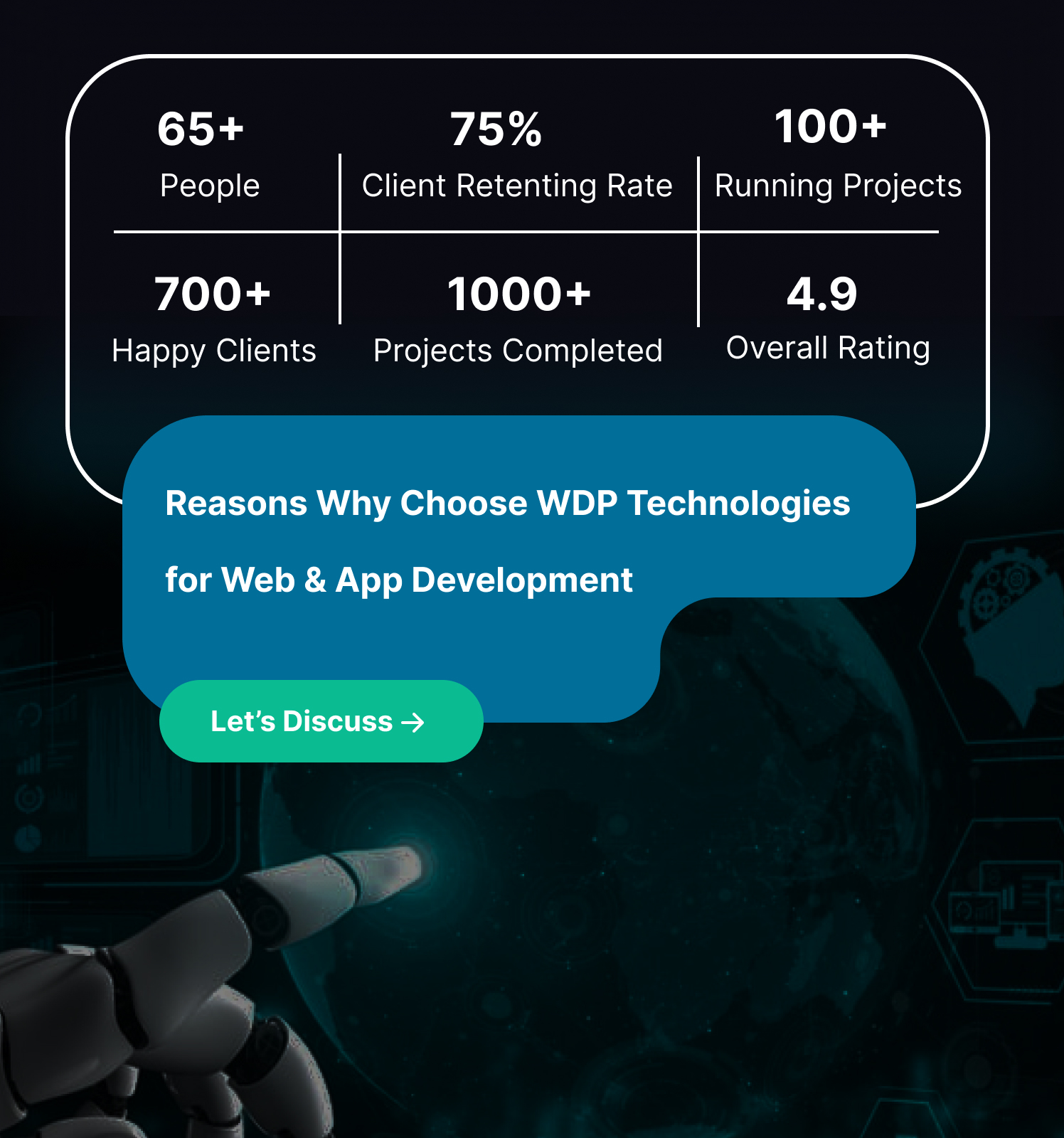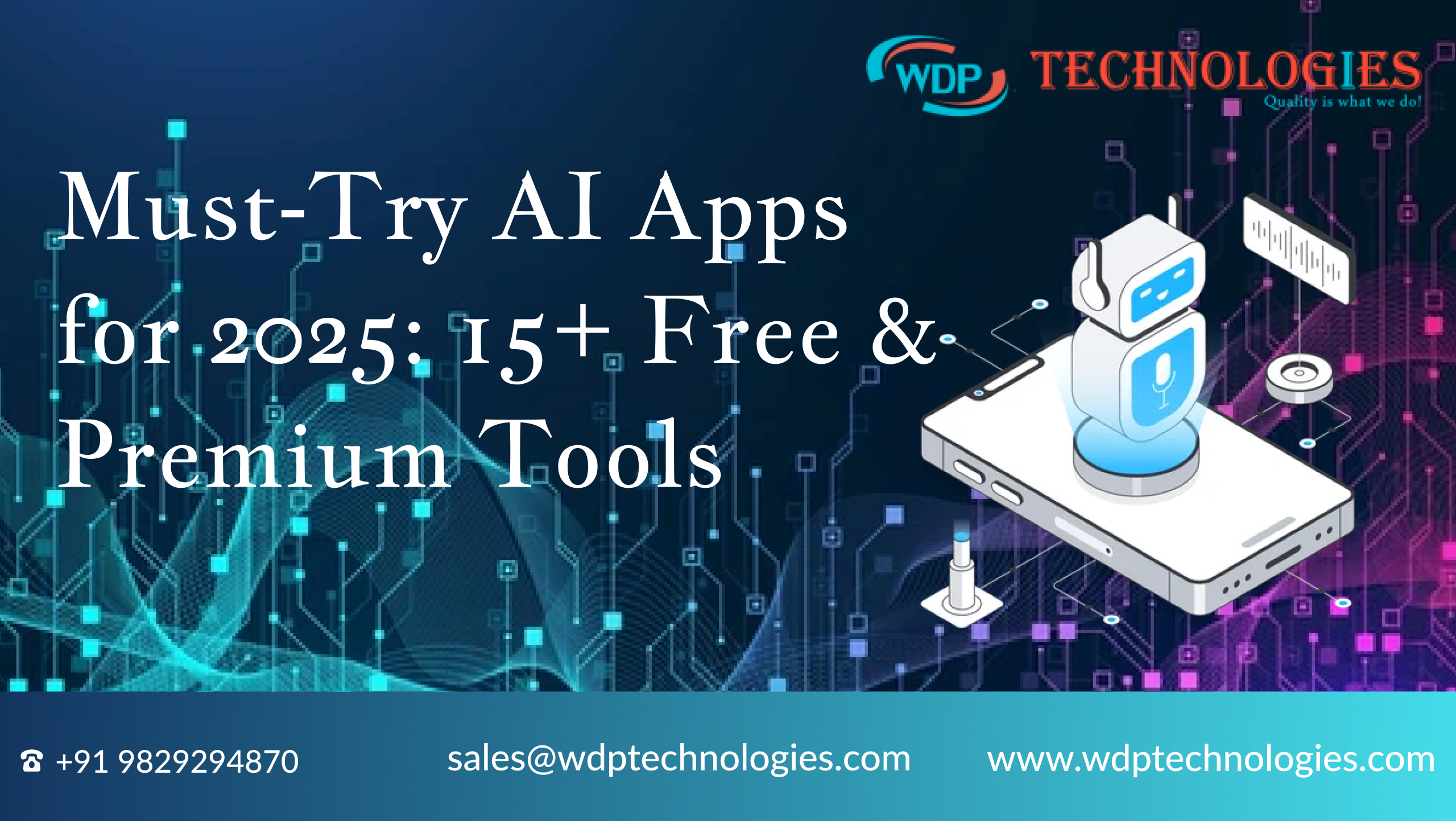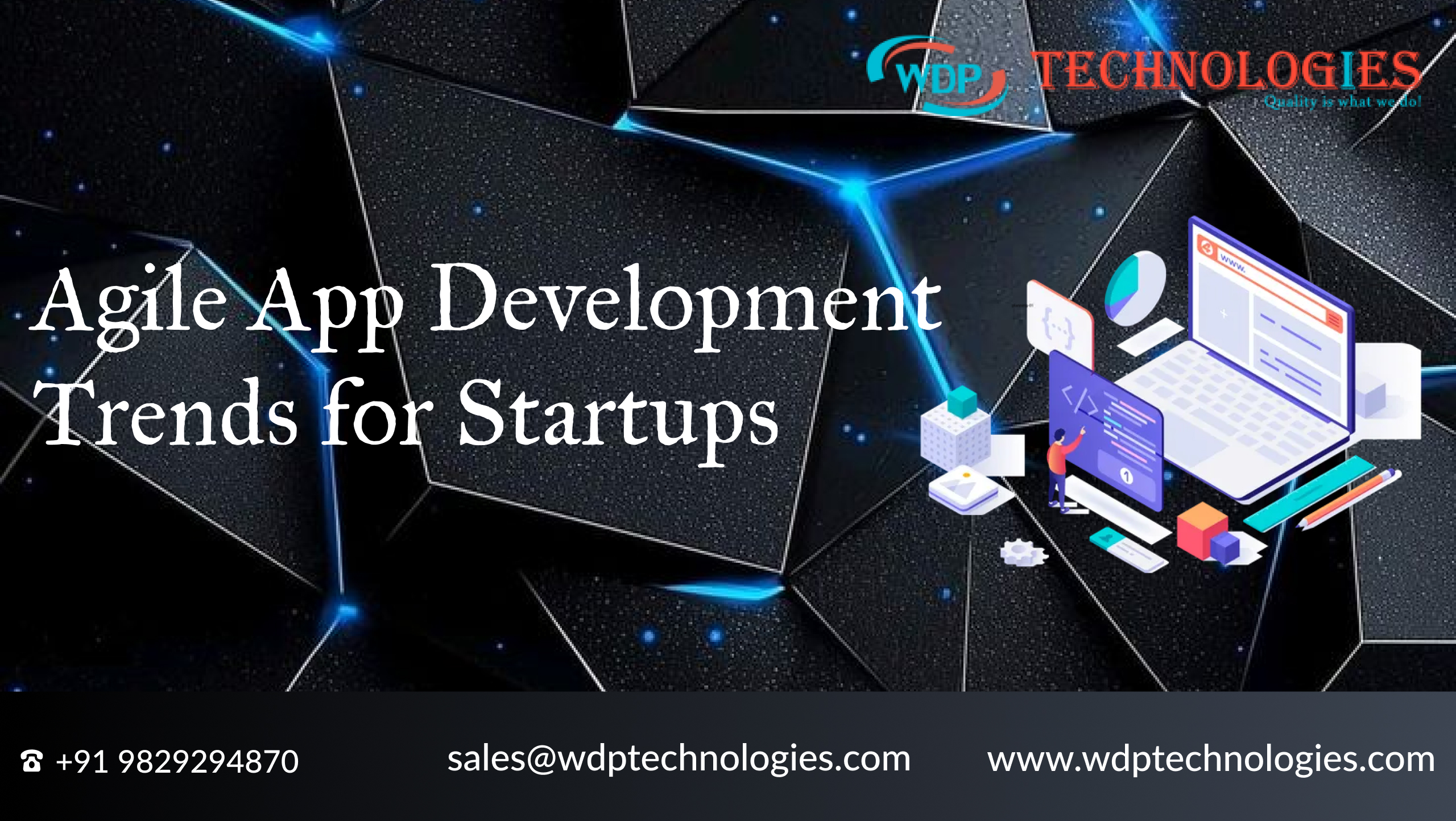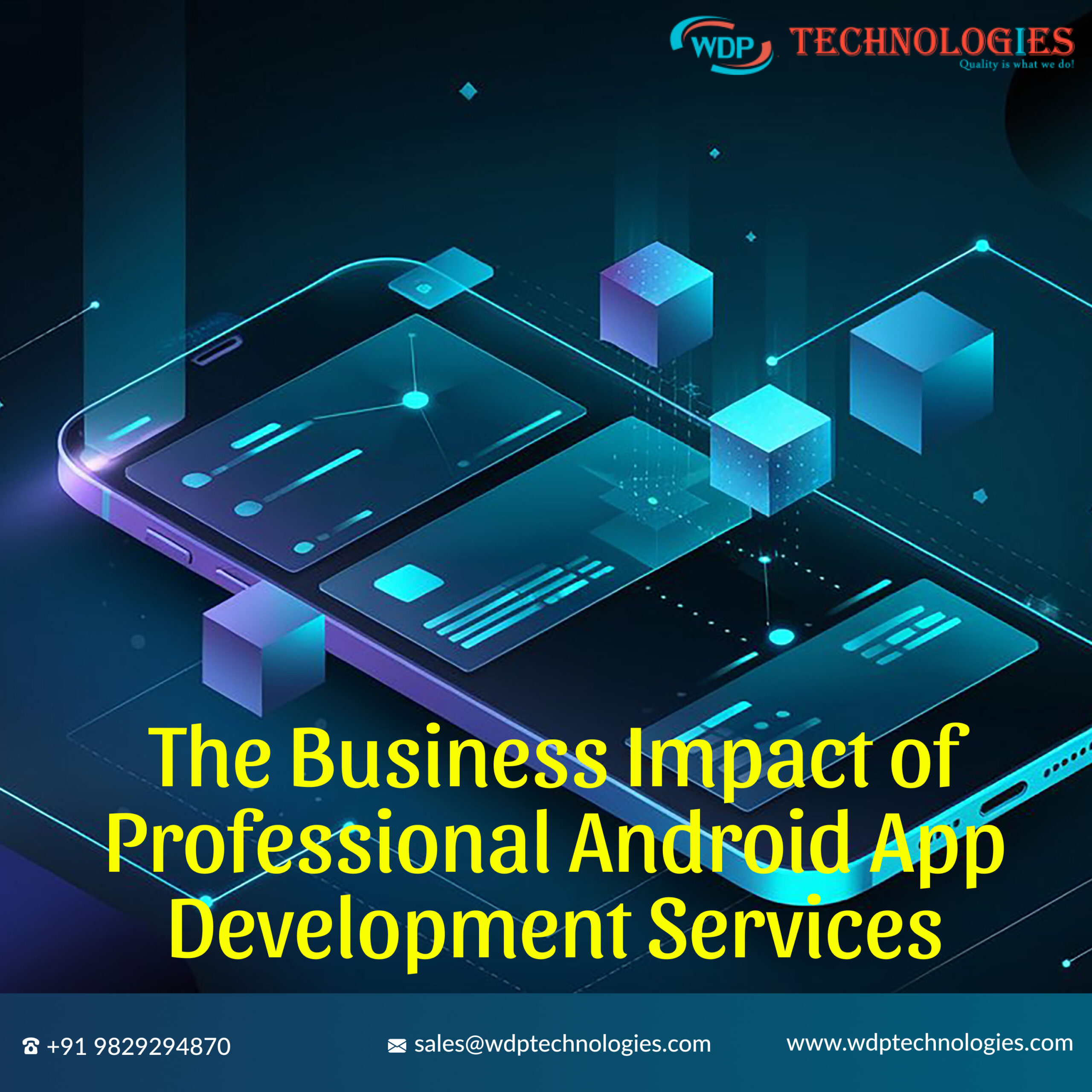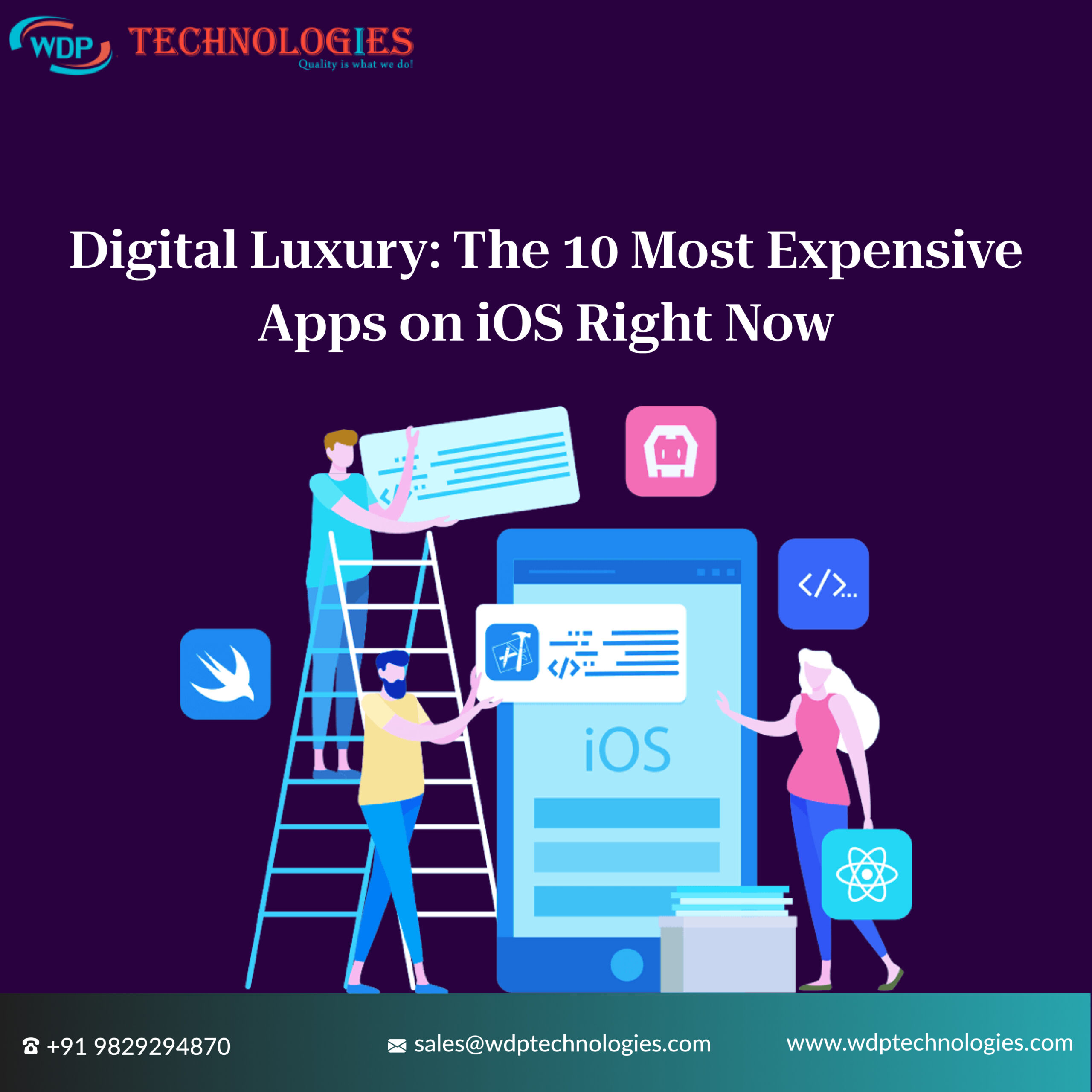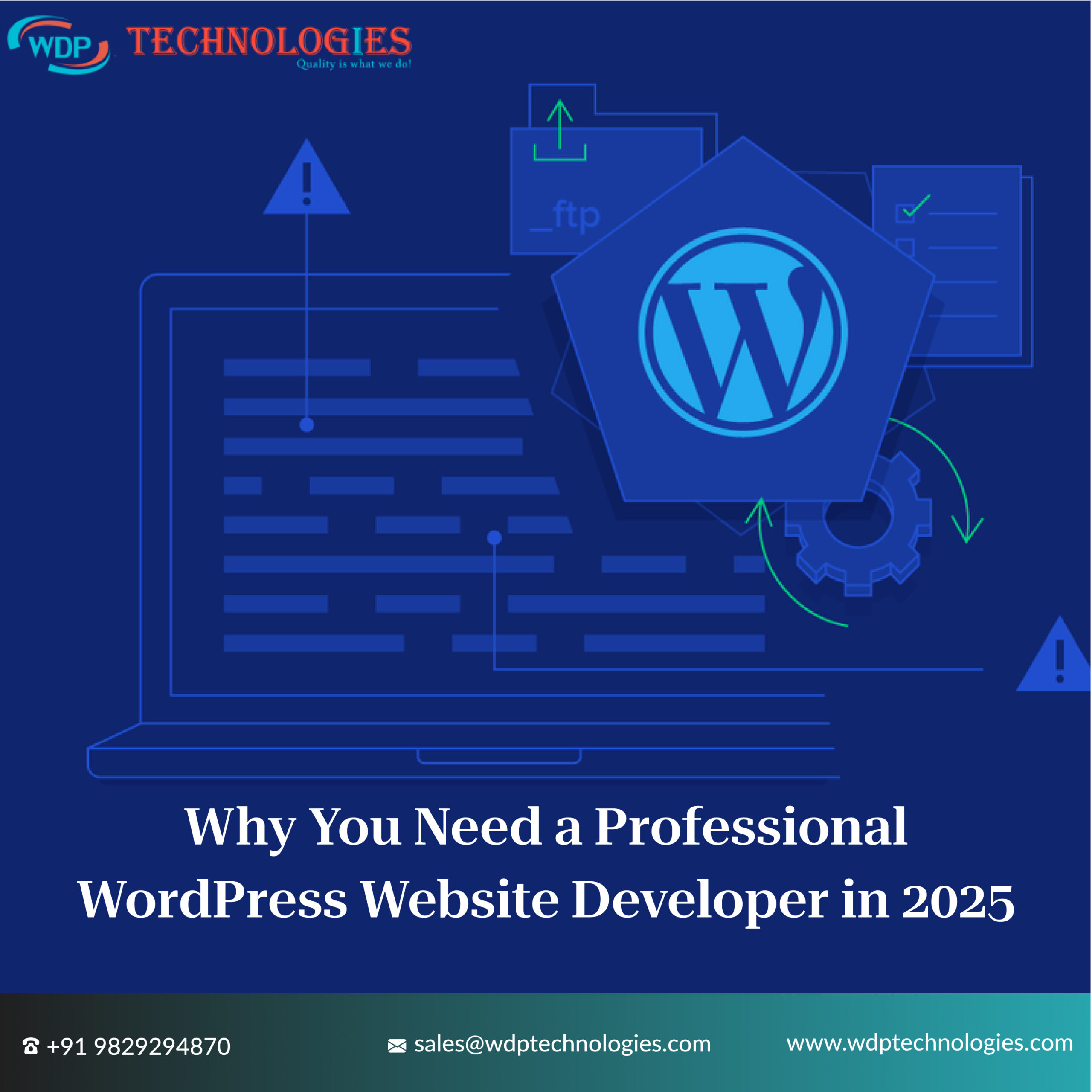In the evolving era of mobile app development, hybrid app development frameworks have emerged as essential tools for creating powerful and efficient cross-platform applications. These frameworks combine the best of both worlds, allowing developers to leverage web technologies while harnessing the native capabilities of mobile devices. In this blog, we will explore the best hybrid app development frameworks that stand out from the crowd.
Understanding Hybrid App Development Frameworks:
Hybrid app development frameworks bridge the gap between native and web app development. They allow developers to build apps using web technologies like HTML, CSS, and JavaScript, while also leveraging native device features and functionality through plugins or APIs. Essentially, these frameworks package web applications within a native app shell, enabling them to be distributed through app stores and interact with device features, such as camera access, geolocation, and push notifications.
Best Hybrid App Development Frameworks
As the demand for cross-platform mobile apps continues to rise, choosing the right & best hybrid app development frameworks becomes crucial for developers and businesses alike.
1) Flutter
Flutter, developed by Google, is a powerful and open-source hybrid app development framework that has gained significant traction in the mobile app development community. Released in 2017, Flutter has quickly become a go-to choice for developers looking to build high-quality, visually appealing, and performant cross-platform applications. What sets Flutter apart is its unique approach to app development. Instead of using traditional web technologies, Flutter utilizes its own programming language called Dart. Dart is an object-oriented language that combines the best aspects of JavaScript and Java, providing developers with a familiar and efficient development experience.
Key features and advantages:
- Hot Reload: Instantly see changes in the app’s UI and behavior.
- Rich UI Components: Customizable widgets for creating native-like interfaces.
- Fast Performance: Direct rendering ensures smooth animations and quick rendering.
- Cross-Platform Development: Build apps for iOS and Android from a single codebase.
- Access to Native Features: Utilize native device functionalities through plugins.
Examples of successful apps built with Flutter:
- Google Ads: Enhanced development speed and consistent UI for advertisers.
- Reflectly: Engaging journaling and mindfulness app with customizable UI.
- Alibaba: High-quality mobile shopping experience with native-like performance.
2) Ionic
Ionic is one of the best hybrid app development frameworks that allows developers to create cross-platform mobile applications using web technologies like HTML, CSS, and JavaScript. It provides a comprehensive set of tools and UI components for building visually appealing
Key features and advantages:
- Cross-Platform Compatibility: Develop apps that work seamlessly on iOS and Android platforms.
- Pre-built UI Components: Access a vast library of ready-to-use UI components for visually appealing interfaces.
- Native Functionality: Utilize native device features like camera and push notifications.
- Easy Integration: Integrate with frameworks like Angular and React for seamless development.
Examples of successful apps built with Ionic:
- Sworkit: A fitness app offering personalized workout plans and exercise routines.
- JustWatch: A streaming guide app for discovering and tracking movies and TV shows.
- MarketWatch: A financial news app providing real-time stock quotes and market analysis.
3) Xamarin
Introduction to Xamarin: Xamarin is a robust hybrid app development framework owned by Microsoft. It allows developers to create cross-platform applications using the C# programming language. With Xamarin, developers can build native-like apps that run on iOS, Android, and Windows platforms, sharing a significant amount of codebase.
Key features and advantages:
- Native Performance: Xamarin delivers native performance by compiling code into native binaries.
- Code Sharing: Share a significant portion of code across platforms, saving development time.
- Access to Native APIs: Utilize platform-specific APIs seamlessly.
- Seamless Integration: Xamarin integrates smoothly with popular development environments like Visual Studio.
Examples of successful apps built with Xamarin:
- Pinterest: The social media platform provides a consistent user experience across iOS and Android devices.
- Slack: The team collaboration tool ensures a smooth and responsive experience on multiple platforms.
- Alaska Airlines: Xamarin enhances the travel app’s booking and travel experience across iOS and Android platforms.
4) React Native
React Native is a popular & best hybrid app development framework created by Facebook. It allows developers to build cross-platform mobile applications using JavaScript. With React Native, developers can write code once and deploy it on both iOS and Android platforms, significantly reducing development time and effort.
Key features and advantages of React Native include:
- Native-like Performance: React Native leverages native components, resulting in high-performance apps that closely resemble native applications.
- Code Reusability: Developers can reuse a significant portion of the codebase across different platforms, saving time and effort in the development process.
- Hot Reloading: React Native’s hot reloading feature enables developers to see instant changes in the app during development, facilitating faster iteration and debugging.
- Rich Ecosystem and Community Support: React Native has a thriving ecosystem with a wide range of third-party libraries, tools, and resources, along with an active community that contributes to its growth and development.
Examples of successful apps built with React Native
- Facebook: React Native allows Facebook to maintain a consistent user experience across both iOS and Android platforms while taking advantage of native-like performance.
- Instagram: The app benefits from React Native’s ability to deliver smooth animations, responsive UI, and efficient performance, enhancing the user experience.
- Airbnb: React Native enables Airbnb to streamline the development process by sharing code between iOS and Android platforms, providing a consistent look and feel for their users.
5) PhoneGap
PhoneGap, now known as Apache Cordova, is an open-source hybrid app development framework. It allows developers to create cross-platform mobile applications using web technologies like HTML, CSS, and JavaScript. With PhoneGap, developers can leverage their existing web development skills to create mobile apps that can be deployed on iOS, Android, Windows, and other platforms.
PhoneGap offers the following key features and advantages:
- Cross-platform compatibility: Develop once, deploy on multiple platforms.
- Web technologies: Utilize HTML, CSS, and JavaScript for app development.
- Access to native APIs: PhoneGap provides seamless access to device features and capabilities.
- Rapid development: Streamlined process allows for faster iterations and updates.
Successful apps built with PhoneGap include:
- Untappd: A popular beer tracking app for discovering and rating different beers.
- TripCase: A travel management app for organizing and tracking itineraries.
- Wikipedia: The widely used app for accessing the extensive knowledge of Wikipedia.
6) NativeScript
NativeScript is an open-source framework for building cross-platform mobile applications. It allows developers to create native mobile apps using JavaScript, TypeScript, or Angular, leveraging their existing web development skills. With its native performance, code sharing capabilities, and access to native APIs, NativeScript empowers developers to create high-quality mobile applications for a variety of industries and use cases.
NativeScript offers the following key features and advantages:
- Native Performance: Access to native APIs and UI components for high-performance app development.
- Code Sharing: Share code across platforms, reducing development time and effort.
- Cross-platform Compatibility: Build apps for iOS and Android platforms.
- Access to Native APIs: Leverage platform-specific APIs for enhanced functionality.
Successful apps built with NativeScript include:
- Strudel: A popular food delivery app with smooth performance on iOS and Android.
- Trello: A widely-used project management app offering a native-like experience.
- Grofers: An online grocery delivery platform providing a seamless shopping experience.
7) Framework7
Framework7 is a powerful HTML framework for building hybrid mobile applications with a native look and feel. It provides developers with a comprehensive set of tools, UI components, and styling options to create visually appealing and interactive mobile apps using standard web technologies such as HTML, CSS, and JavaScript. With Framework7, developers can leverage the familiar web development stack to build mobile apps that closely resemble native applications. It offers a rich collection of pre-designed UI components, including navigation bars, forms, modals, lists, and more, that can be easily customized to match the app’s branding and design requirements.
Framework7 offers the following key features and advantages:
- Native-like Experience: Provides UI components and animations that mimic native mobile app behavior.
- Extensive Components Library: Includes a rich set of pre-designed UI components for faster and easier app development.
- Customization Options: Easily customize the appearance and behavior of components to match app design and requirements.
- Performance Optimization: Optimized for smooth and responsive app interactions.
Successful apps built with Framework7 include:
- Instagram Lite: A lightweight version of Instagram with a fast and streamlined user experience.
- Sberbank Online: Sberbank’s mobile banking app, offering a secure and user-friendly interface.
- Feelm: A photo editing app with various filters and effects, providing smooth user interactions.
8) Onsen UI
Onsen UI is a hybrid app development framework that allows developers to create mobile applications using HTML5, CSS, and JavaScript. It provides a set of pre-built UI components and tools for building responsive and mobile-friendly apps across different platforms. Onsen UI focuses on providing a native-like experience for users by offering a collection of ready-to-use UI components that closely resemble native mobile app elements. These components are designed to be highly customizable, allowing developers to tailor the app’s appearance and functionality to their specific needs.
Key features and advantages:
- Customizable UI Components: Onsen UI offers a wide range of UI components that can be easily customized to fit the app’s design and requirements.
- Cross-platform Compatibility: Apps built with Onsen UI work seamlessly on iOS and Android platforms, providing a consistent user experience.
- Performance Optimization: Onsen UI is optimized for performance, delivering smooth animations and transitions for a native-like feel.
- Theme Roller: The framework includes a Theme Roller tool that allows developers to customize the app’s appearance by easily modifying the color scheme and other visual elements.
Examples of successful apps built with Onsen UI:
- Monaca: Monaca, a cloud-based mobile app development platform, utilizes Onsen UI to build hybrid apps efficiently.
- Tabris.js: Tabris.js, a mobile app development framework, has integrated Onsen UI for its UI components and user interface design.
- GoLorry: GoLorry, a logistics and transport management app, is built with Onsen UI and offers a user-friendly interface for its users.
Advantages of Hybrid App Development Frameworks:
• Faster Development: Hybrid app frameworks empower developers to expedite the development process by eliminating the need to write separate code bases for each platform. This results in reduced development time and increased efficiency.
• Cost-Effectiveness: With hybrid app development frameworks, businesses can save on development costs by having a single team build an app that functions across multiple platforms, rather than hiring separate teams for each platform.
• Access to Native Features: Hybrid apps can leverage native device features, such as camera, contacts, and GPS, providing a rich user experience similar to that of native apps. This ensures that users get a seamless, platform-specific experience.
• Consistent User Interface: Hybrid app frameworks offer pre-built UI components and libraries that enable developers to create visually appealing and consistent user interfaces across platforms. This ensures a cohesive brand experience and enhances user engagement.
• Simplified Maintenance: With a single codebase, maintenance becomes more streamlined. Updates and bug fixes can be applied universally, saving time and effort in managing multiple versions of the app.
Conclusion
When selecting the best hybrid app development frameworks, it’s essential to consider factors such as project requirements, development team expertise, performance, and community support. Each framework has its strengths and weaknesses, so it’s crucial to align the framework’s features with the project’s goals and constraints.
Hybrid app development frameworks provide developers with powerful tools to create cross-platform applications efficiently. Whether it’s Flutter, Ionic, Xamarin, or React Native, each framework has its unique features and advantages. By understanding the strengths and limitations of these frameworks and staying informed about industry trends, developers can make informed decisions and build high-quality hybrid apps that deliver exceptional user experiences. Hire Hybrid App Developer now and start your startup journey.


